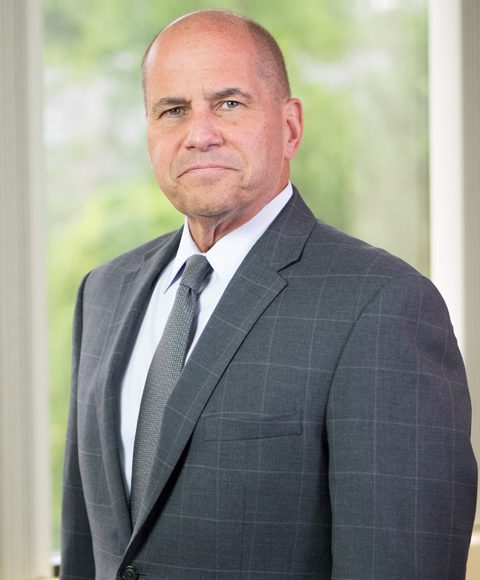With the recent legalization of marijuana in New York State, many New Yorkers are still left wondering as to what their rights are in regards to usage and how that might affect them and their families, since issues revolving around legal versus illegal marijuana usage are new and there is minimal established Court precedent to review. If you are stopped by law enforcement or you are in a public place, even at a routine level, you could potential risk losing custody of your children or having them removed from your care by Child Protective Services. This article discusses the aspects of how marijuana usage will affect you in the courts, and what we have seen so far in regards to this hot topic issue.
To view our Family & Matrimonial Law services page, click here.
One of the biggest things to realize when dealing with issues surrounding marijuana, is that possession of a legal amount of marijuana, or use of marijuana in limitation should not affect custody or parenting time. When legalizing marijuana, New York placed many restrictions on it such as the amount of THC contained, how it is produced and sold, and setting certain age limit requirements. Therefore, if you are using marijuana that has been approved and follows New York regulations, you should be fine. However, as with all substances, it is important to take note of how much you use and limit yourself to safe amounts, especially if you are going to be around your children, or worse, drive with them. At this point, New York has no technology for the detection of marijuana-impaired drivers. Nevertheless, the use of marijuana by drivers remains prohibited and will carry the same penalties as it does currently.
When you consider legal marijuana in the context of criminal law, things being to get more serious. Being caught for driving while intoxicated (DWI) or driving while ability impaired (DWAI) is a great way to lose custody or parenting with your children. A DWI or DWAI involving minimal blood alcohol content (BAC) while driving by yourself, should not result in a court ruling or Child Protective Services becoming involved regarding you and your family. It is when the issues of substance and alcohol abuse and misuse begin to compile, the courts and Child Protective Services will begin to take notice. If you do have a history with the misuse of marijuana and other drugs, you may end up being required to have an alcohol evaluation or go to drug counselling. For more serious incidents that directly threaten you, your family, or your children’s safety, you will most likely end up having your children taken away, and losing custody or parenting time with your children.
This would also apply to the use of marijuana, and driving while ability impaired by drugs. If your children are with you in the car at the time, according to Leandra’s Law (Child Passenger Protection Act), it is an automatic felony to drive drunk or impaired by drugs with a person under the age of fifteen in the vehicle. Even if it is your first offense, if you have a blood alcohol content of over 0.08 or are under the influence of drugs, you will be a long way from seeing your children again. Child Protective Services will file in Family Court with neglect, and you may not even have the chance to contact your children until after your court appearance. This only worsens if you get into an accident with the children in the car. Any sort of contact you might have with your children after an event like this will most likely have to be supervised, and any chance of you having unsupervised custody would be a long way off.
I’m sure many of you are thinking: “You just stated above that New York has no test available for marijuana, and no technology!” However, New York does have police who are trained to detect if you are under the influence of drugs. If the officer completes his test and affirms you are under the influence, the police can arrest you and have additional testing done.
So let’s say in a worst case scenario, you have an Article 10 petition filed in Family Court for abuse and neglect because of your drug usage. It is important that you know your rights in these situations, as Child Protective Services could very well gather enough evidence against you on a casual visit/check in. If this happens, you do not have to let them into your home or talk to them. Anything you say or they see can be used against you. In these situations, call your attorney, as issues surrounding marijuana are still a moving target in Family Courts. Even if you do not have an attorney on retainer, or if they are not versed in family law, it is important you communicate with legal experts so you can get the protection necessary to keep your family in your life. Under no situation are you obligated to talk to CPS or whomever may be coming to question you, without first consulting an attorney.
Michael J. Belsky, Esq. is a partner with Tully Rinckey PLLC. He provides representation in matters relating to divorce, parental alienation, separation agreements, annulments, child custody, child support, modifications to child support and child custody, enforcement of divorce decrees, spousal maintenance, pre- and post-nuptial agreements, and orders of protection and family offenses. He can be reached at (518) 218-7100 or info@tullylegal.com.







